Why Is Vitamin K Important? Benefits, Functions, and Sources Explained
Vitamin K is a fat-soluble nutrient essential for blood clotting, bone metabolism, and heart health. It exists in two main forms—K1 (found in leafy greens) and K2 (found in fermented foods and animal products). A deficiency in vitamin K can lead to excessive bleeding, weak bones, and increased cardiovascular risks. Understanding its roles, sources, and how much you need can help you maintain optimal health.
What Is Vitamin K?
Vitamin K is a group of fat-soluble vitamins crucial for activating proteins that help with blood coagulation (clotting) and calcium regulation in the body. It is absorbed in the small intestine and stored in the liver and fatty tissues.
Types of Vitamin K: K1 and K2
- Vitamin K1 (Phylloquinone): Found mainly in plant foods like leafy green vegetables (spinach, kale, broccoli). It’s the primary form found in most diets.
- Vitamin K2 (Menaquinone): Found in fermented foods (like natto), dairy, eggs, and meat. It has several subtypes (MK-4 to MK-13) and plays a key role in calcium metabolism and heart health.
How the Body Uses Vitamin K
Vitamin K activates proteins that:
- Enable blood to clot properly.
- Help deposit calcium in bones and teeth.
- Prevent calcium buildup in arteries and soft tissues.
Key Health Benefits of Vitamin K

Here are some of the most important ways vitamin K supports your overall health and wellbeing, backed by science and clinical research.
Role in Blood Clotting and Wound Healing
Vitamin K is a critical component of several proteins involved in blood clot formation, such as prothrombin. Without it, your body cannot stop bleeding efficiently, even from minor cuts.
Vitamin K and Bone Health
Vitamin K helps regulate calcium and stimulates the production of osteocalcin, a protein that binds calcium to bones. Studies show that higher vitamin K intake may reduce the risk of fractures and osteoporosis.
Supports Heart and Artery Health
Vitamin K2 is especially vital for preventing vascular calcification—the buildup of calcium in artery walls. It activates matrix Gla-protein (MGP), which prevents calcium deposits in arteries, supporting heart health.
Emerging Roles in Brain and Skin Function
- Preliminary research suggests vitamin K may play a role in brain development and cognitive function, possibly by protecting neurons.
- It may also contribute to skin elasticity and fight oxidative stress, although more evidence is needed.
Vitamin K Deficiency: What Happens When You Don’t Get Enough?
Not getting enough vitamin K can lead to serious health issues—here’s what you need to know about the signs, risks, and consequences of deficiency.
Common Symptoms of Deficiency
- Easy bruising
- Excessive bleeding from wounds or gums
- Nosebleeds
- Blood in urine or stool
- Poor bone development or frequent fractures
High-Risk Groups: Infants, Elderly, and People on Medication
- Newborns lack sufficient vitamin K stores and may receive a vitamin K injection at birth.
- Elderly individuals, especially those with absorption issues or on antibiotics, may develop a deficiency.
- People on blood thinners (e.g., warfarin) or those with liver disease must monitor their vitamin K intake carefully.
How Much Vitamin K Do You Need Daily?
Understanding your daily vitamin K needs is essential for maintaining proper blood clotting, bone strength, and cardiovascular health at every stage of life.
Recommended Daily Intake by Age and Gender
| Age Group | Male (mcg/day) | Female (mcg/day) |
| Infants (0–6 months) | 2.0 | 2.0 |
| Children (1–3 years) | 30 | 30 |
| Adults (19+ years) | 120 | 90 |
| Pregnant/Breastfeeding | — | 90 |
Note: Values are general recommendations. Always consult a healthcare provider for personalized advice.
Can You Take Too Much Vitamin K?
Vitamin K from food is considered safe, and no upper intake limit has been set. However, high doses from supplements—especially K3 (menadione), a synthetic form not used in humans—can be toxic. Avoid excessive supplementation unless prescribed.
Best Dietary Sources of Vitamin K
Including vitamin K-rich foods in your diet is the most effective way to meet your body’s needs naturally—here are the top sources to focus on.
Foods Rich in Vitamin K1 (Plant-Based)
| Food | Approx. Vitamin K1 (mcg) per 100g |
| Kale (cooked) | 817 |
| Spinach (cooked) | 483 |
| Broccoli (cooked) | 141 |
| Brussels sprouts (cooked) | 140 |
| Lettuce (raw) | 126 |
Foods Rich in Vitamin K2 (Animal and Fermented Sources)
| Food | Approx. Vitamin K2 (mcg) per 100g |
| Natto (fermented soy) | 1100+ |
| Hard cheeses | 70–80 |
| Egg yolk | 15 |
| Chicken liver | 14 |
| Butter | 15 |
Should You Take a Vitamin K Supplement?
While most people get enough vitamin K through food, certain conditions may require supplements – here’s when they’re necessary and how to take them safely.
When Supplements Are Recommended
- If you have a fat-malabsorption disorder (e.g., celiac, Crohn’s, cystic fibrosis)
- For newborns, via injection to prevent hemorrhagic disease
- If you’re on long-term antibiotics that affect gut bacteria
- As part of osteoporosis management in consultation with a doctor
Interactions with Blood Thinners and Other Medications
Vitamin K can interfere with anticoagulants like warfarin. Sudden changes in intake may affect drug effectiveness. Always maintain consistent levels and consult your doctor before supplementing.
Vitamin K in Special Populations
Certain life stages and health conditions require special attention to vitamin K intake—here’s how it impacts newborns, pregnant women, and older adults.
Vitamin K and Newborns
Newborns are at risk of vitamin K deficiency bleeding (VKDB) due to low stores and poor placental transfer. Most hospitals give vitamin K injections at birth to prevent life-threatening internal bleeding.
Vitamin K in Pregnancy and Aging
- In pregnancy, maintaining vitamin K supports maternal blood clotting.
- In aging populations, adequate intake supports bone density and vascular health, helping reduce falls and cardiovascular issues.
FAQs About Vitamin K
Is vitamin K the same as potassium?
No. Potassium’s chemical symbol is “K,” but it’s a completely different mineral. Vitamin K refers to fat-soluble vitamins involved in clotting and bone health.
What’s the difference between K1 and K2?
K1 is mainly from leafy greens and helps with clotting. K2 is found in animal and fermented foods and helps with calcium regulation in bones and arteries.
Can vitamin K improve skin or hair?
While not a primary skin nutrient, vitamin K’s anti-inflammatory and antioxidant properties may help reduce under-eye dark circles and improve wound healing. Research is ongoing.
What if I have a bleeding disorder?
You should never self-supplement. Speak to your hematologist or healthcare provider. Vitamin K may be used in a controlled manner under medical supervision.
Final Thoughts: Why Prioritizing Vitamin K Matters for Long-Term Health
Vitamin K is more than just a clotting aid—it’s a multifunctional nutrient that supports bone strength, heart health, and even neurological and skin function. With diverse sources in both plant and animal foods, getting enough through diet is achievable. However, for specific populations or medical conditions, supplementation may be vital.
Talk to your healthcare provider before making major changes to your vitamin K intake, especially if you’re on medications.
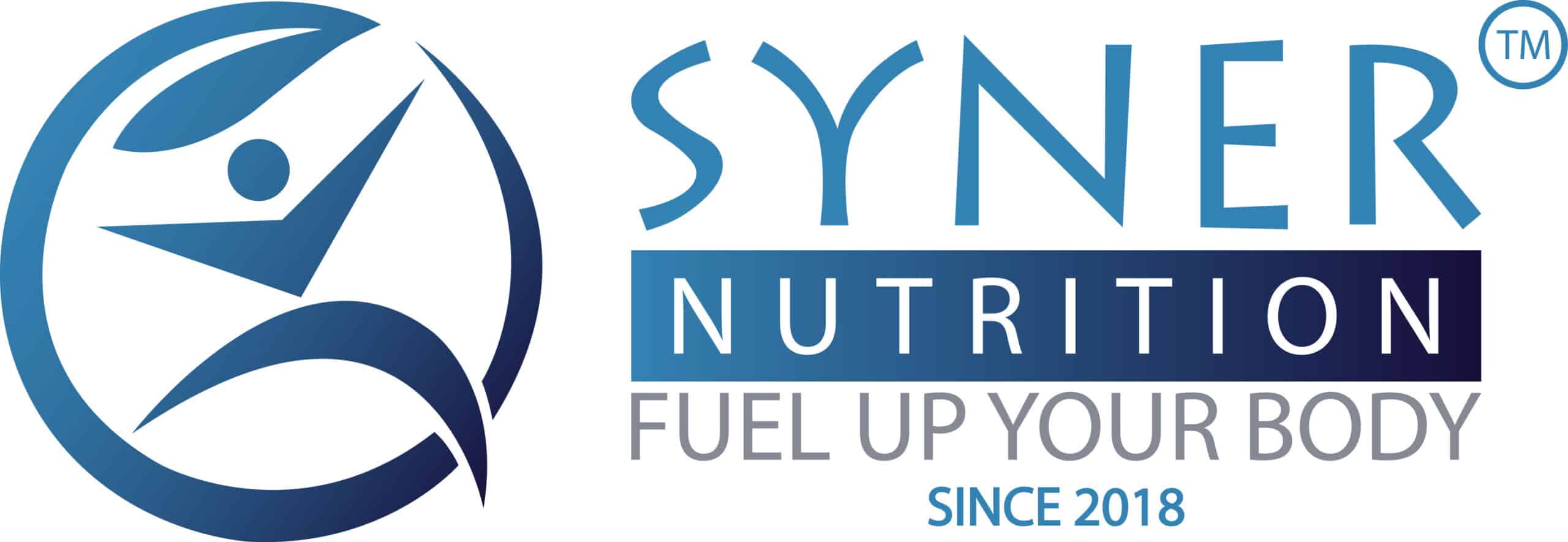
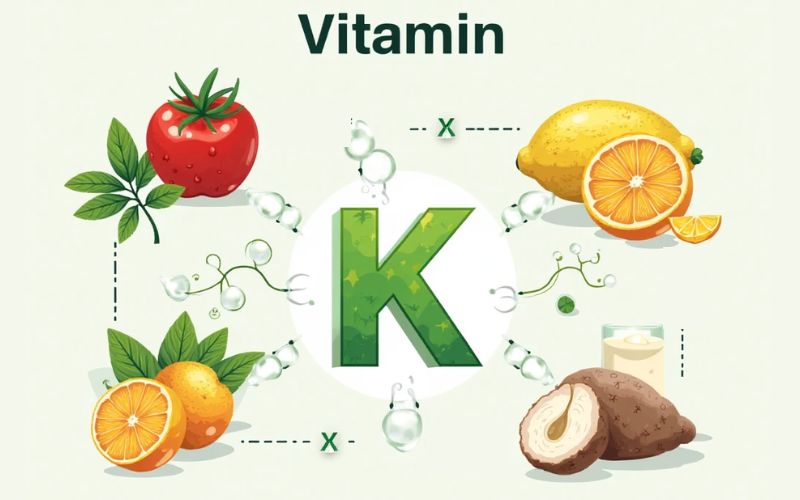


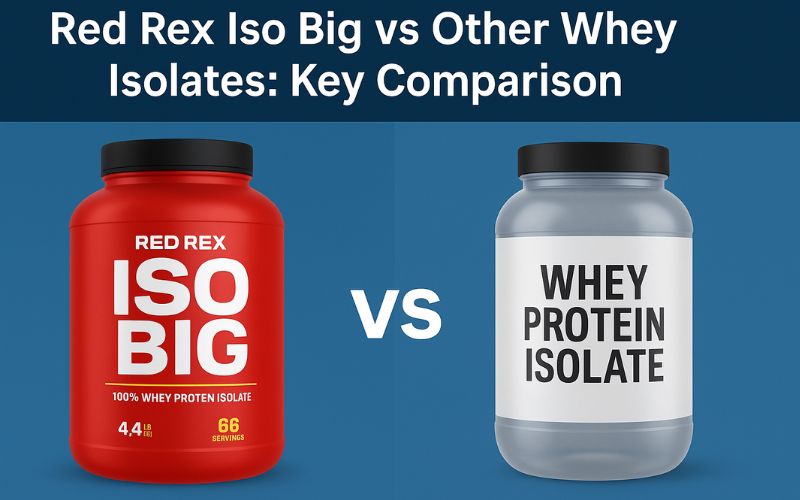
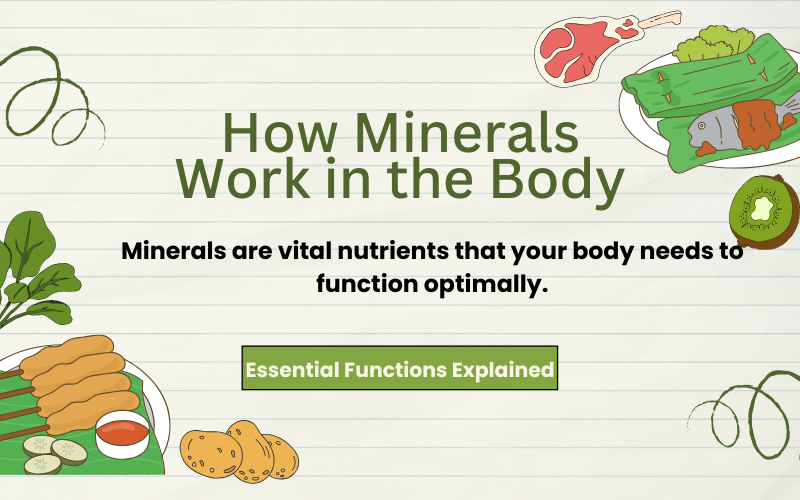


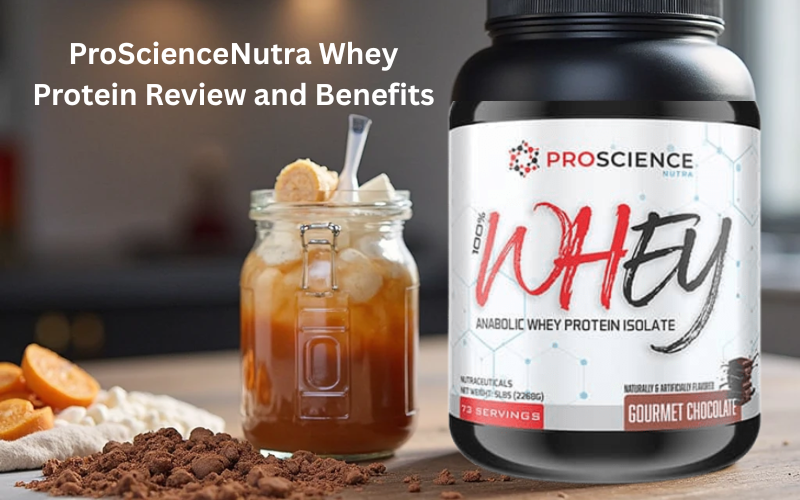
Add comment